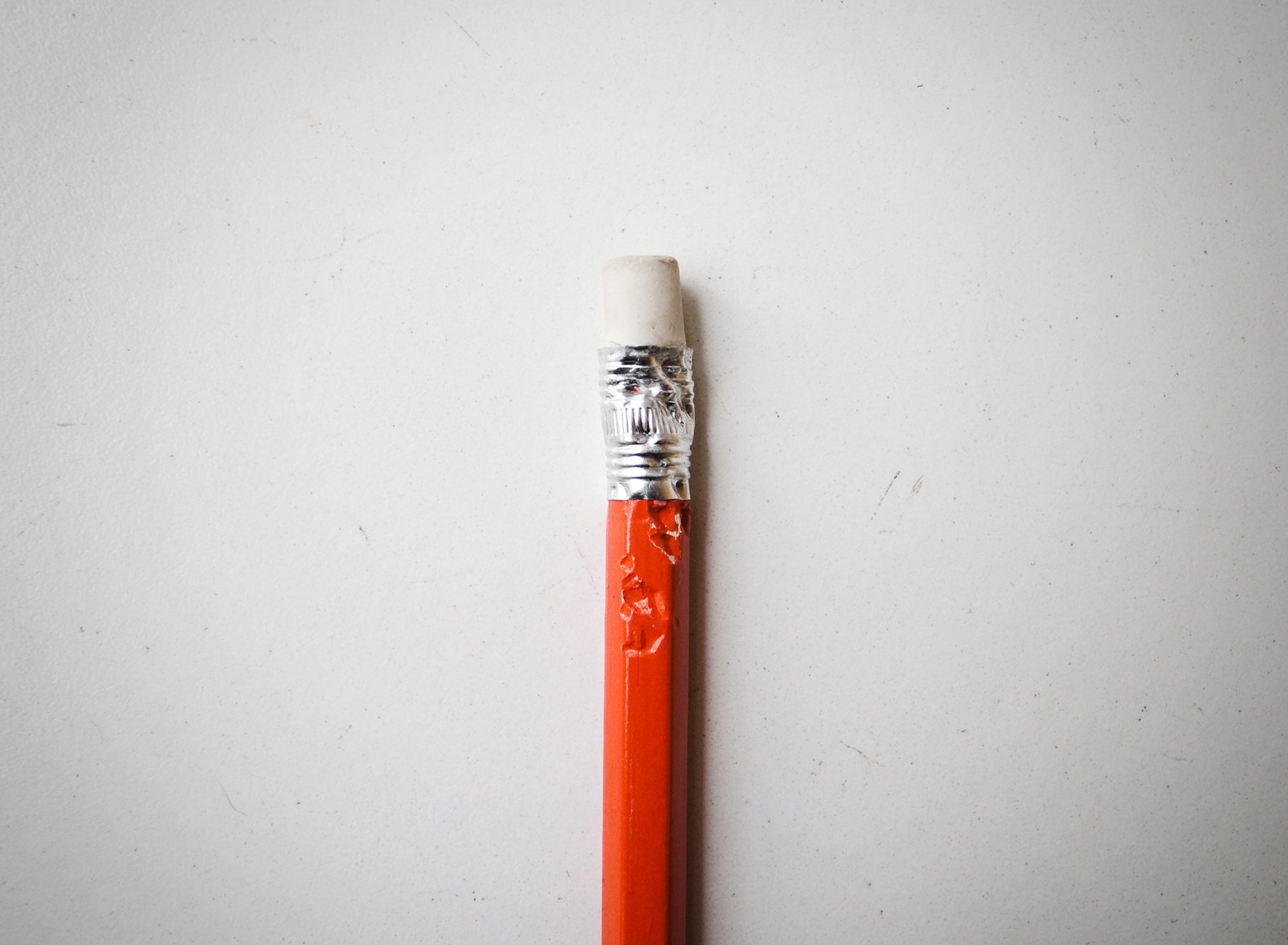New research suggests that boys and girls should be treated differently due to the ways they deal with stress and trauma.
Researchers at Stanford University in the US have found that boys and girls have very different ways of dealing with traumatic experiences, and said this should be taken into account in the way they are treated.
Scientists scanned the brains of 59 children between the ages of 9 and 17, who has all been through traumatic experiences.
In the study, they found that the insula – the part of the brain that deals with emotions and empathy – was particularly small in girls who had been through trauma, whereas boys had a larger one than usual.
They think these findings could provide a clue as to why girls are more likely to develop post traumatic stress disorder (PTSD) than boys.
Read: How to talk to your children about the latest earthquakes
“Our findings suggest it is possible that boys and girls could exhibit different trauma symptoms and that they might benefit from different approaches to treatment,” says Dr Megan Klabunde, the lead author on the research.
PTSD can develop after anything from a car accident to being bullied, and many women are reported as having it following a miscarriage.
A 2006 study found that girls usually dealt with stress by using active coping strategies, such as asking for help and taking action to reduce the stress.
In contrast, boys tended to feel most stressed about conflicts with authority figures, such as teachers – and handled stress by avoiding the issue entirely or seeking distractions.
Signs of PTSD in children include:
Disorganised or agitated behaviour
Nightmares
Reliving the trauma through repetitive play or artwork
Changes of behaviour towards other children, bullying, hitting etc.
Stomachaches
Headaches
Bedwetting
If you think you might be suffering from PTSD, you can see an advice page here or give Healthline a call on 0800 611 116.


